I’ve not written on this site much for the last few years as my work has focused more specifically on wetlands through my Queer River Research. That continues, as does my Neuroqueer Ecologies research into neurodivergent perspectives on place, and in the meantime my attention has also been called back to the land, to woodlands and the subject of rewilding.
I’ve written before about my interest in the relationship between rewilding, queering and wellbeing, and rewilding is a subject that I’m continuing to read up on and think about as I begin the research phase of a new residency at Found Outdoors in Wiltshire, ‘an outdoor education, arts and rewilding space set in 54 acres of private woodland and meadows on the edge of Salisbury Plain in Wiltshire‘. I’ve found reading Dr Ian Biggs’ writing on the subject really thought provoking this morning for example.


I’m interested in the idea of rewilding being about both ecological and individual wellbeing, about people realising and taking up their place within what we’ve come to call nature, rather than as a process of excluding people in order to try and regain some kind of mythical, pristine wilderness of the past.
‘Wilderness hides its unnaturalness behind a mask that is all the more beguiling because it seems so natural. As we gaze into the mirror it holds up for us, we too easily imagine that what we behold is Nature when in fact we see the reflection of our own unexamined longings and desires. For this reason, we mistake ourselves when we suppose that wilderness can be the solution to our culture’s problematic relationships with the nonhuman world, for wilderness is itself no small part of the problem.‘
The Trouble with Wilderness; or, Getting Back to the Wrong Nature – William Cronon



In other words, the idea of a wilderness or wild place being wild because it excludes people, is part of a cultural construction that causes us to perceive ourselves as separate to ‘Nature’, and the ecological systems on which we depend, and is built on the very binaries that my work aims to deconstruct and go beyond.
‘For me when I connect with my body, and my body connects with the material world, I bypass inherited ways of seeing and being that exclude or pigeonhole me as a ‘Gay’ man, and I gain glimpses of what it means to be whole, to be connected and see beyond words and concepts.‘
Beyond the Binary – James Aldridge
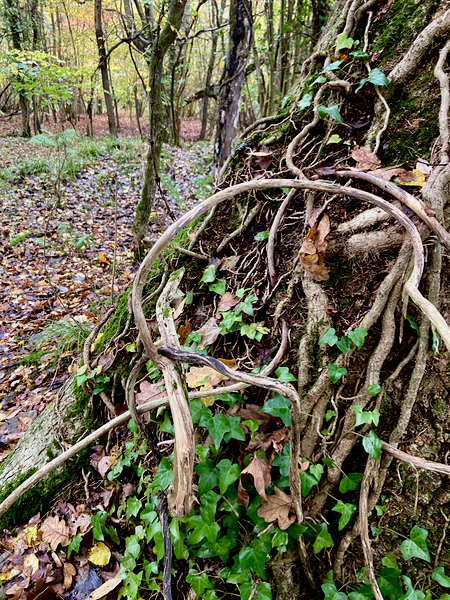
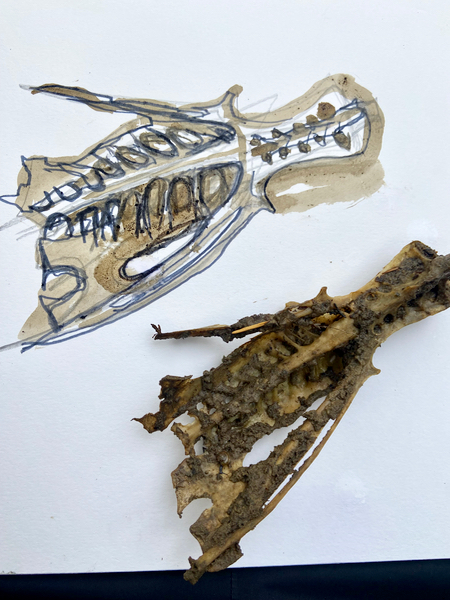
I’m excited to be working with Fiona and Rich Cassidy because of their interest and experience in combining art and science, because they are local to me and I really want to invest time and energy in my locality, and because they seek to balance the needs of humans and non-humans:
‘We are constantly developing our site facilities and creating spaces for small groups and low impact events... Through our management of the land we aim to improve the biodiversity, have a (small) positive impact on climate change, help reconnect people with nature and pass on everything we learn.’

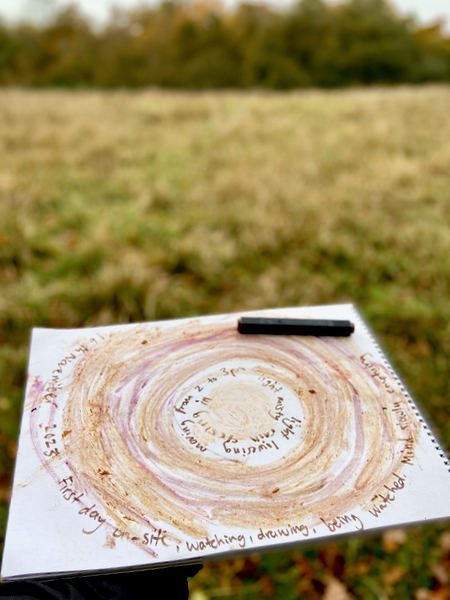

Yesterday was my first day on site after brief visits to meet and plan. We are starting with a short, initial period of (unfunded) research, while we put together a proposal and funding bid for in-depth development work. This will enable me to use my arts practice to carry out research, create and share new work on-site, and for us to develop and trial engagement activities with local people.
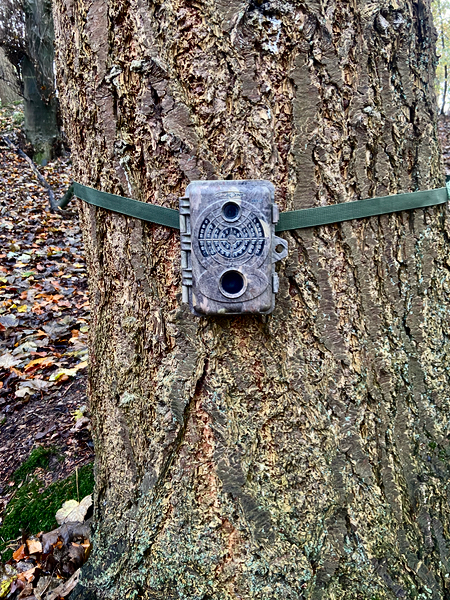

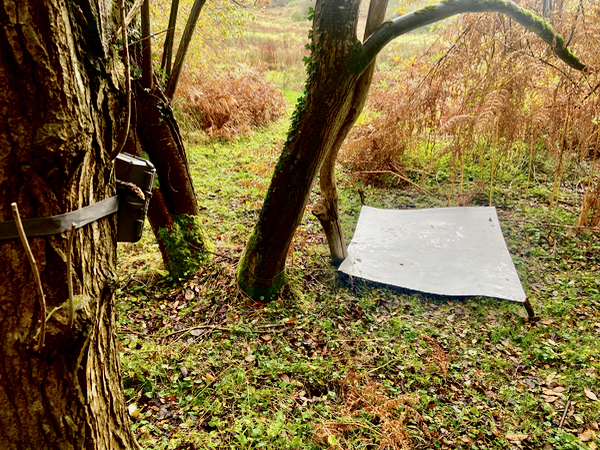
I’ve set up a couple of large-scale drawing experiments, which I hope will be interacted with by dfferent animals while I’m not there, and which I’ll revisit and share more about next week. I also enjoyed sitting in the woods and by the ponds, listening, watching, writing and drawing, meeting the land and feeling it start to enter my mind and body.
Thank you Fiona and Rich, a really exciting beginning.
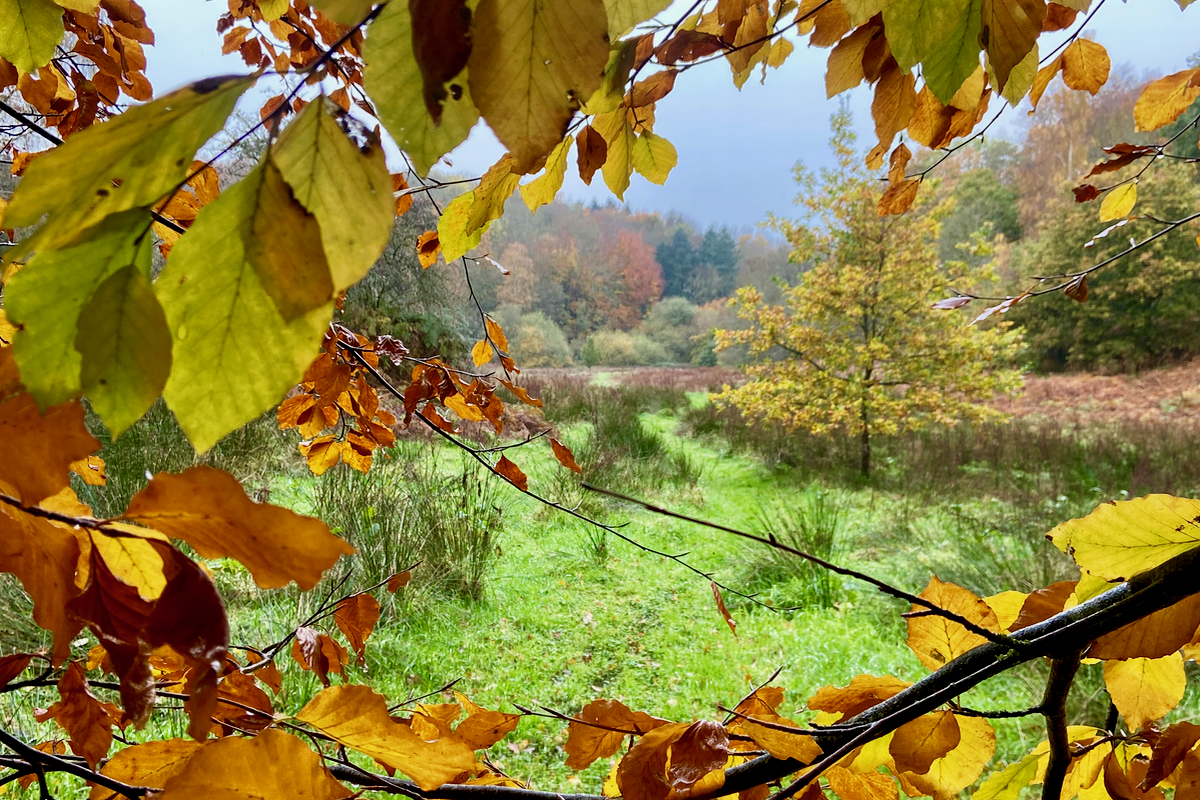
3 thoughts on “Meeting the Land at Found Outdoors”